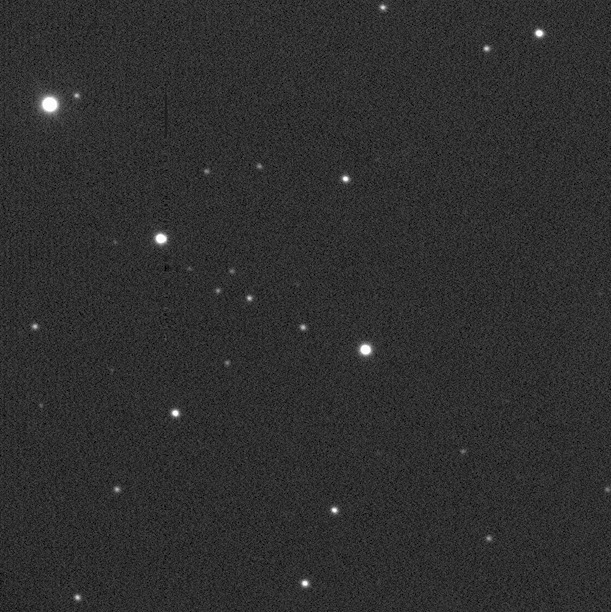

For most people, the study of astrophysics means poring over calculations, charts, texts and graphics. But Wanda Diaz-Merced, a graduate student at the University of Glasgow, and fellow researcher Gerhard Sonnert have pioneered a different approach. Its underlying motif is simple: Space produces music.
She grew up with an enthusiasm for science and space, but in her early 20s, as a physics student at the University of Puerto Rico, her vision swiftly deteriorated due to diabetes. When she spent time in an astrophysical observatory, though, and inadvertently heard the hiss and pops of the signals collected by a radio telescope, she realized that there might be a way she could rely solely on her hearing to interpret data.
